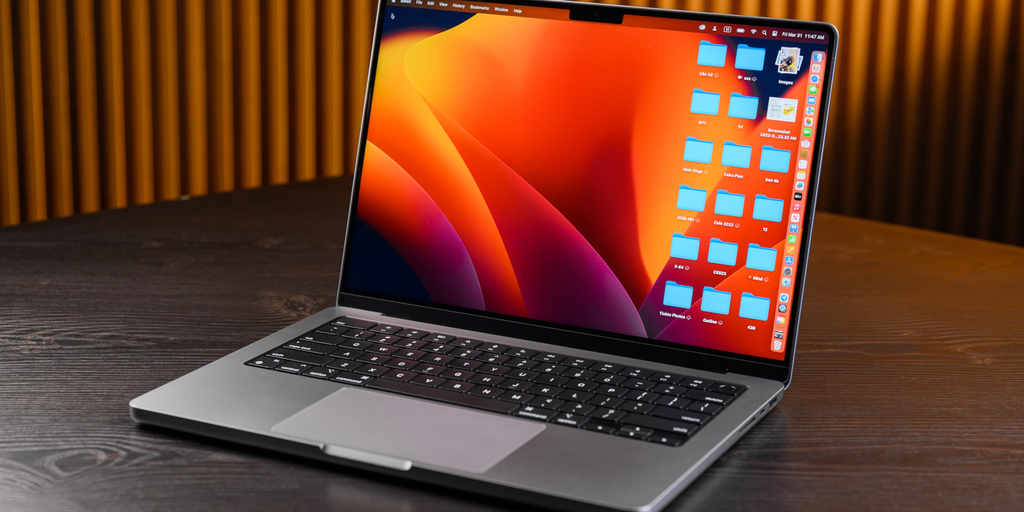Apple’s Mac and iPad Devices Vulnerable to Cryptographic Key Theft
Apple’s Mac computers and iPad tablets are facing a potential security threat due to a critical vulnerability in the M-series chips. This flaw has the potential to expose cryptographic keys and passwords on affected devices, potentially putting sensitive information at risk. Researchers from various universities have identified this vulnerability and have raised concerns about the implications it could have for users, particularly those who store cryptocurrency on their devices.
The Vulnerability
The issue stems from a flaw in Apple’s M-series chips that enables hackers to exploit a technique called “prefetching” to access cryptographically secure keys and codes. By creating a malicious app, attackers can trick the processor into exposing prefetched data in the cache, allowing them to reconstruct cryptographic keys. This poses a significant threat to the security of sensitive information stored on vulnerable devices.
At-Risk Devices
Apple devices equipped with the M1, M2, or M3 processors are potentially susceptible to this vulnerability. This includes Mac computers such as the MacBook Air, MacBook Pro, and Mac Mini, as well as iPad tablets. While the M3 chip offers a feature that developers can use to disable the vulnerable component, it may come at a performance cost. Devices with older Intel processors or A-series chips are not affected by this vulnerability.
Mitigation Measures
Unfortunately, this vulnerability is at the chip level and cannot be addressed through a simple software patch. While developers may implement mitigations, they could impact performance. To protect sensitive information, users are advised to transfer crypto wallets off vulnerable Apple devices onto secure alternatives. Errata Security CEO Robert Graham emphasizes the importance of taking precautionary measures to avoid potential attacks.
It is important to note that while the vulnerability poses a serious threat, the likelihood of it affecting the average user may be relatively low. Attackers would need to install malware on the device and use it to extract private keys, requiring a concerted effort to breach security measures. Apple’s macOS also offers protection against malware, further reducing the immediate risk to users.
Additional Risks
While hardware wallets appear to be unaffected by this vulnerability, caution is advised when connecting them to potentially compromised devices. Centralized exchanges, such as Coinbase, may not be directly impacted, but users are encouraged to remain vigilant and take necessary precautions to safeguard their accounts and sensitive information.
Overall, while the vulnerability presents a significant security risk, the likelihood of widespread exploitation targeting the average user seems to be limited. By following best practices for data security and implementing necessary safeguards, users can mitigate the potential risk posed by this vulnerability.
Image/Photo credit: source url





